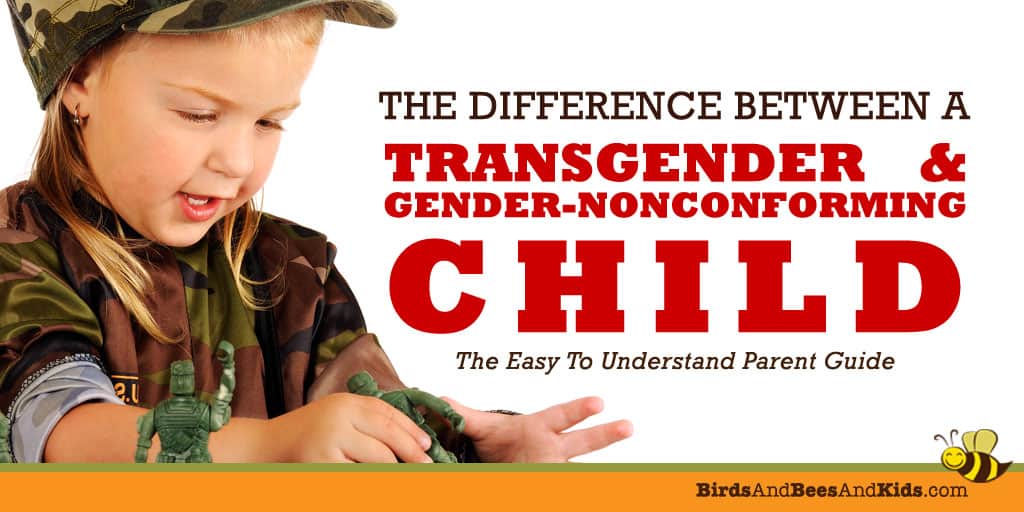
Guest Blog By Susan Hope Berland
Generally, our culture assigns gender roles to children at birth based on their private parts. But sometimes kids don’t fit their birth-assigned gender and are gender non-conforming. I’ve been thinking a lot about why we want to know the gender of a new born baby. I think it’s to let us know how to relate to that new life. If “it’s a boy” we think in terms of male clothing, male colors, male toys. We buy blue or green or brown, not pink and purple. If “it’s a girl” we think in terms of female clothing, frilly and pink and girl toys like dolls.
How does a parent react when their little boy wants to wear glitter and tutus? Or their little girl refuses to wear a dress, wants her hair cut short and only likes “boy” toys? And what does it mean anyway? Does it mean that child is transgender? Does it mean that child is gay? Does it mean that child is gender non-conforming. Maybe and maybe not.
A child who is transgender will declare their gender
Typically, a child who is transgender will declare their gender. When you refer to her as a girl, she’ll say she’s a boy. A boy may ask why he has a penis – girls aren’t supposed to. There are signs like these that can let a parent know from an early age that their child is transgender.
Some children declare their gender as soon as they are old enough to express it. Others a little later and others not until just before or after puberty. Trust your child to know their gender even if it doesn’t conform to the gender they were assigned at birth and may not make sense to you. Gender is not about what genitals a person has but who they know themselves to be in their heart. This can be hard for those of us who are not transgender to understand.
A gender non-conforming child (who is not transgender) just prefers clothing and toys of the opposite gender
The gender non-conforming child or gender expressive who is not transgender just prefers clothing and toys of the opposite gender to the one they were assigned at birth. Trying to force them to conform can cause a lot of emotional pain and stress for that child.
As a parent, it’s up to you to support your child’s preferred form of expression and to learn about this so you can be their champion. And it’s up to you to educate those around you and who interact with your child, including teachers and school administrators. And you may need to become advocates for your child to ensure they aren’t shamed, harassed, teased or bullied.
Like all children, gender non-conforming children and transgender children want to know that you love them just as they are. Do you want anything less for your children?
Parenting Coach Susan Berland is fiercely committed to guiding parents of LGBTQ youth back to a loving, accepting relationship when they are struggling to accept their child as gay, lesbian, bisexual, transgender or queer. Susan guides parents and their kids to communicate effectively, trust one another and accept one another where and as they are. You can learn more about Susan at susanhopeberland.com



